Harry Dunn death: US immunity rule used by Anne Sacoolas closed
- Published
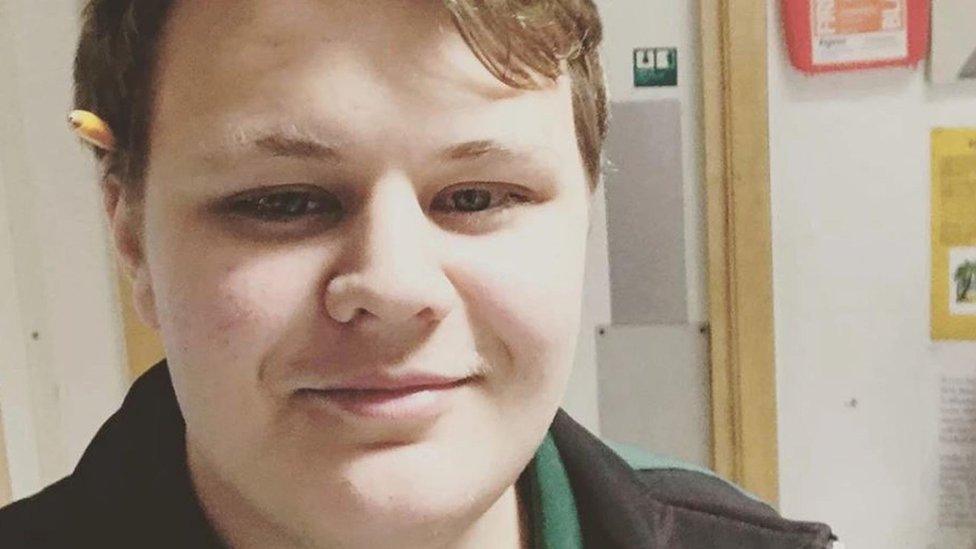
Harry Dunn died in hospital after his motorbike was involved in a crash outside RAF Croughton
The UK and the US have agreed to amend an "anomaly" that allowed Harry Dunn death suspect Anne Sacoolas to claim diplomatic immunity.
Mrs Sacoolas - the wife of a diplomat at RAF Croughton, Northamptonshire - was able to leave the UK thanks to the "secret agreement".
She has been accused of killing the 19-year-old in a crash near the base.
Mr Dunn's mother said the change, which is not thought to be retroactive, was a "huge step in the right direction".
Charlotte Charles told the BBC: "We now need Dominic Raab to work with us to make sure that we get her back to the UK to face justice at some point soon."
'I hope as a mum she will do the right thing'
The foreign secretary has said relatives of US staff at the air base can face prosecution under the amended rules where they may have previously been immune.
Mr Raab said the new arrangements had "closed the anomaly that led to the denial of justice in the heartbreaking case of Harry Dunn".
He said he appreciated the changes "won't bring Harry back" but hoped they may "bring some small measure of comfort" to his family.
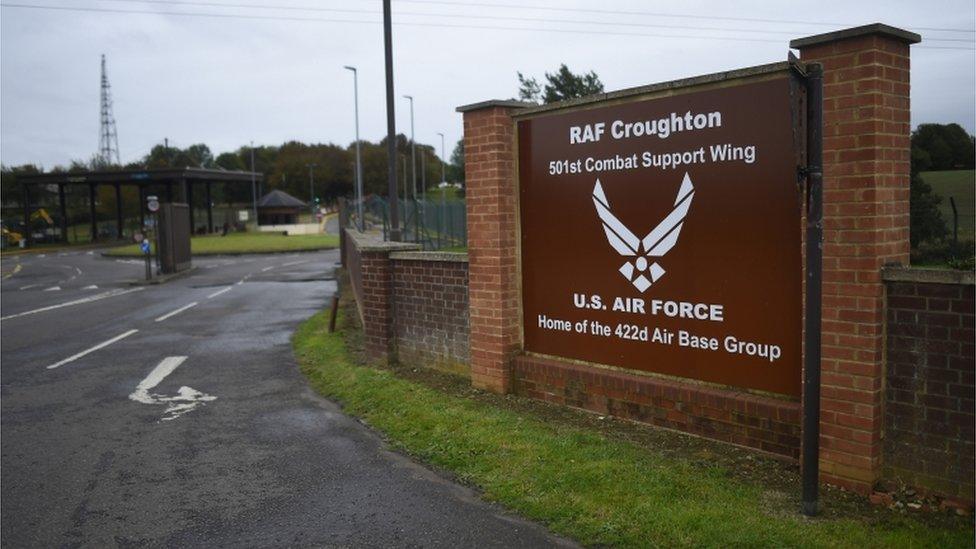
Under the amended rules, relatives of US staff at RAF Croughton can face prosecution
Ms Charles vowed to continue the family's campaign to bring Mrs Sacoolas before a UK court.
"We always live with hope that one day she might just decide of her own accord to put herself on a plane and come back over here," she said.
"We definitely will keep the pressure up."
Ms Charles said she wanted Mrs Sacoolas to "see what her own country has agreed to with the anomaly they've now amended".
Northamptonshire Police said it understood the changes would not be retrospective but welcomed the move.
Downing Street said the change meant "in relation to the level of offence Anne Sacoolas is accused of, she could have been arrested by the police once they had obtained a warrant from the court".


Anne Sacoolas, the alleged killer of Harry Dunn, is never going to be extradited from the US because Washington is standing firm that she is entitled to diplomatic immunity.
This claim of immunity was the product of a legal loophole that needed to be fixed - a loophole that nobody spotted until tragedy struck.
Officials of foreign governments who are officially operating in another country have immunity from prosecution under long-standing international law. This legal principle of immunity has long been accepted by states as necessary to help foster good relations between them.
But limits can be imposed by agreement. In the case of RAF Croughton, a deal between the two states allowed the potential prosecution of US staff for crimes committed beyond their duties - but their families had greater protections.
In short, had a US official, rather than his or her spouse, been behind the wheel of the car that was involved in a crash, they may have had to face police questioning and potential criminal charge. This sad and bizarre legal mistake has now been corrected - and officials appear confident there are no other similar anomalies elsewhere that could stand in the way of justice.

The US State Department said the amendment was a "reflection of our especially close relationship" with the UK.
Northamptonshire Police said it would continue working with British prosecutors to ensure Mrs Sacoolas was returned from the US to face court proceedings.
Mrs Sacoolas, 42, was charged with causing death by dangerous driving in December.
Shadow foreign secretary Lisa Nandy said that Labour would "push for a full inquiry" into the case.
She said: "The foreign secretary has still not come to Parliament to explain how failings in his department allowed a US citizen to leave the country while their immunity was still in question."
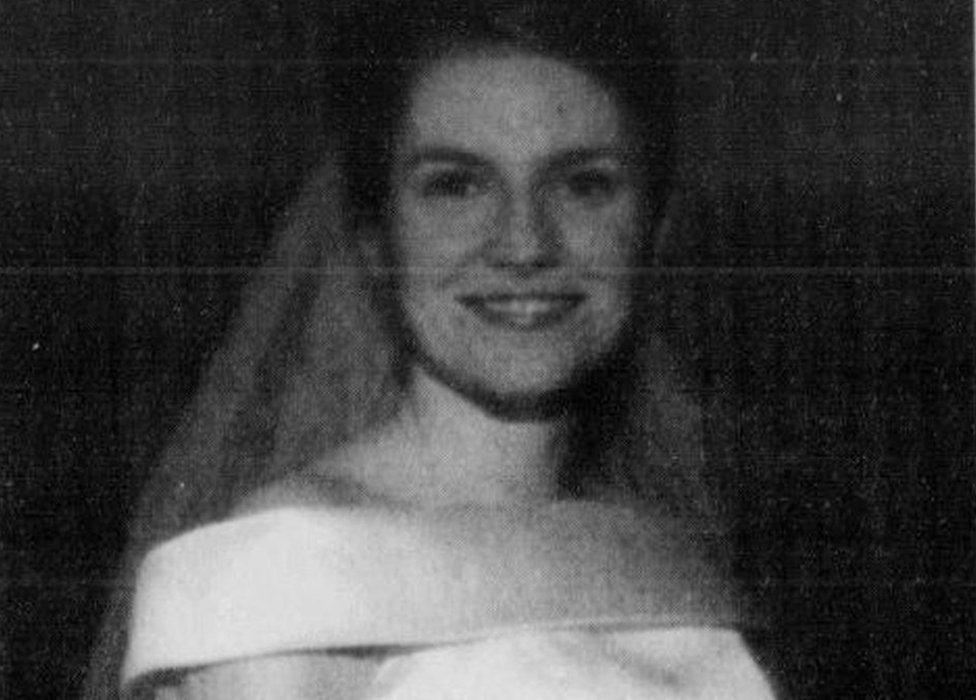
Anne Sacoolas, pictured on her wedding day in 2003, cited diplomatic immunity after the crash outside RAF Croughton
A Home Office extradition request was refused by US secretary of state Mike Pompeo in January, and American officials said the decision was final.
It is believed Mrs Sacoolas was driving on the wrong side of the road when Mr Dunn was killed.
There have been reports of other vehicles spotted driving on the wrong side of the road near the base, including one which was shown in a YouTube video in February.
- Published22 July 2020
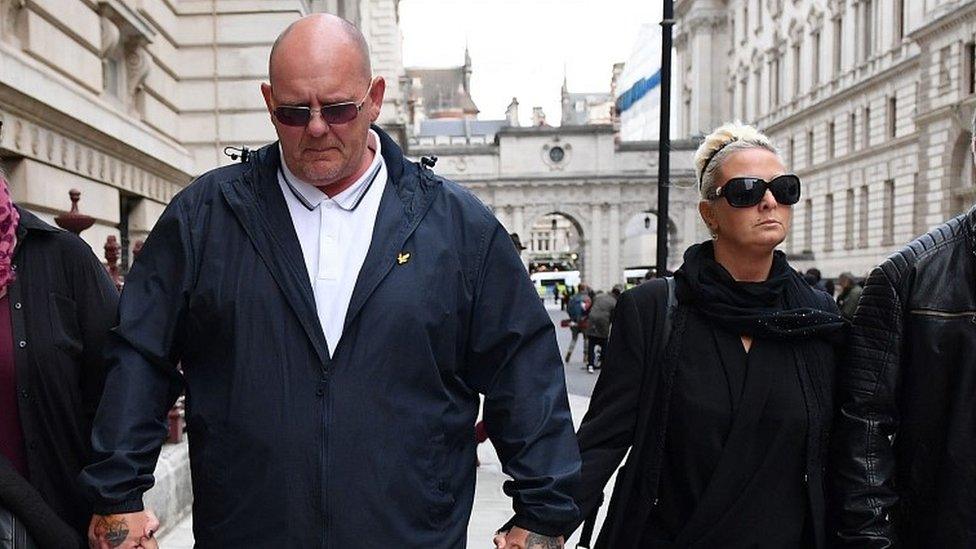
- Published22 July 2020
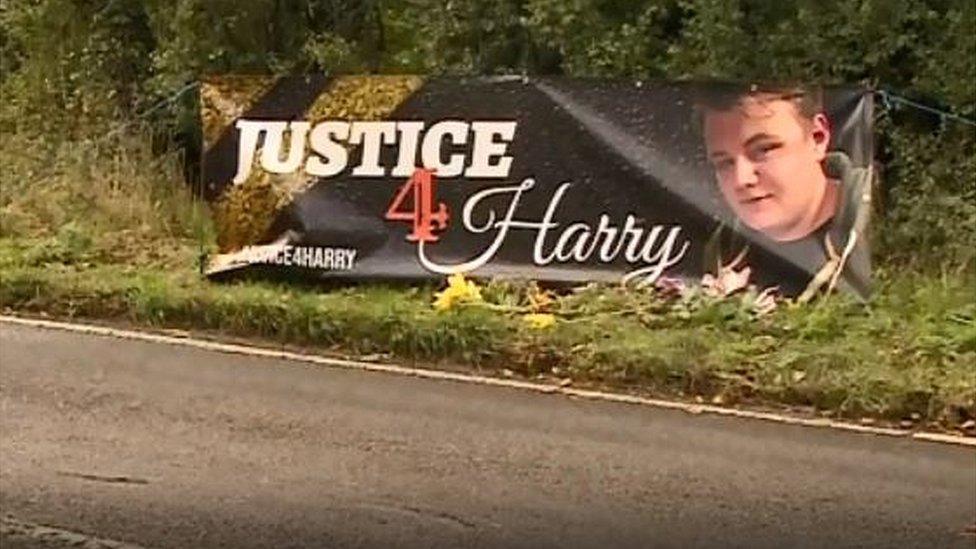
- Published19 July 2020

- Published18 June 2020
